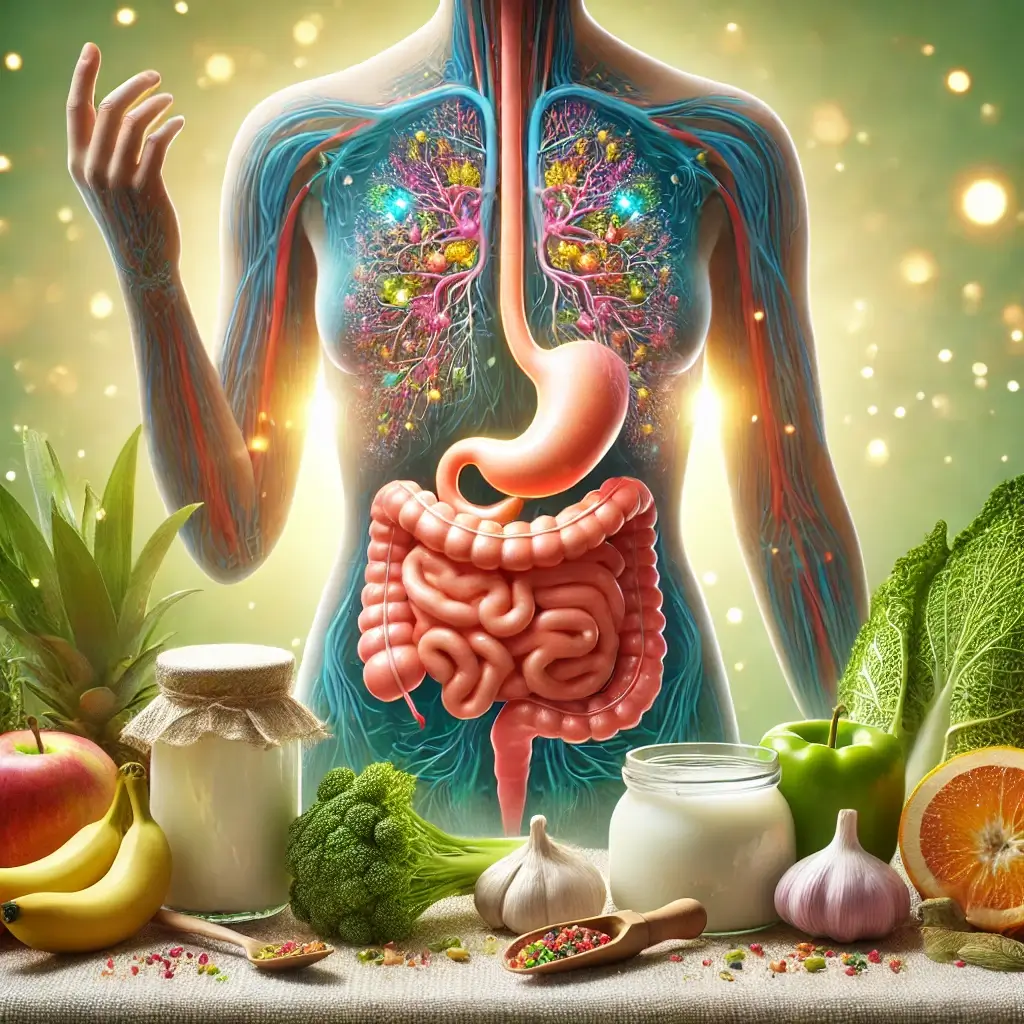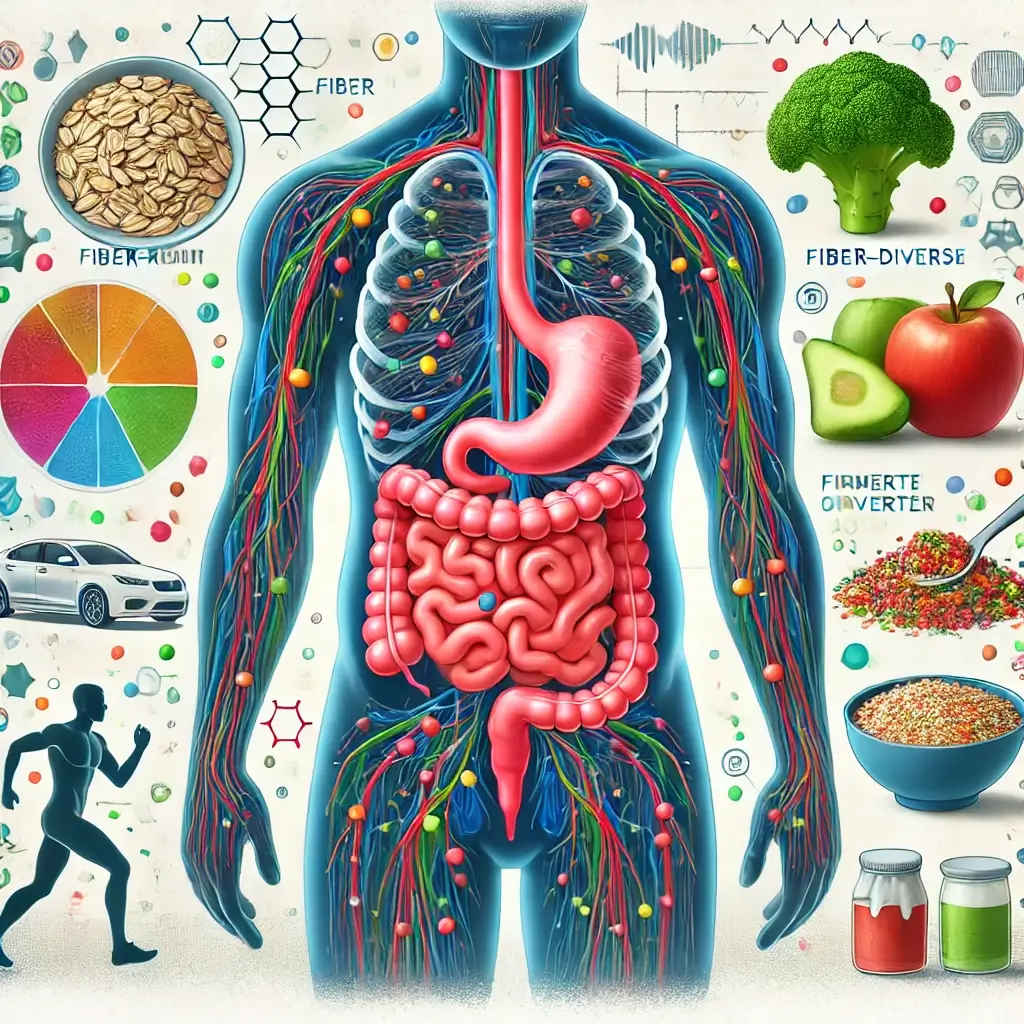What Facilitates Digestion After Eating?
It is imperative to remember to take a stroll after meals. It makes digestion easier. You can also sip on ACV as a beverage. The bacteria in this fermented food aid in the stomach’s digestion of food. Because of its acidity, apple cider vinegar also helps with digestion. Additionally, it aids with weight loss.
Bananas
Having a banana as a snack in the middle of your dinner is a terrific idea. The fruit, which has 100 calories and is rich in nutrients, can be eaten alone or with cheese, nuts, or peanut butter. Bananas’ high protein and fiber content keeps you full and satisfies your sweet tooth.
Bananas are easy to digest. Because of this, they are usually recommended to people who are having vomiting or diarrhea. Pectin, a soluble fiber that supports regular bowel motions, is abundant in them. Furthermore, their high fiber content fills you up and prevents bloating. Prebiotics, which are nutrients for the beneficial bacteria in the gut, are also provided by bananas.
Ginger
Ginger is an excellent all-natural remedy for digestive problems because of its anti-inflammatory effects. It has been shown to improve chest pain, post-meal bloating, and digestive motility. Additionally, it can protect the gastric lining by reducing the amount of stomach acid that rushes up the esophagus after eating.
Ginger can help prevent nausea and vomiting. Ginger’s anti-inflammatory and antioxidant qualities can help with nausea due to cancer, chemotherapy, and surgery. Recent studies also suggest that ginger may help people lose weight. Studies conducted on humans and animals have shown that ginger can aid in weight loss in those who are overweight or obese.
Ingestible Fiber
By consuming more fiber, you can significantly improve the health of your digestive system. The fiber in fruits, vegetables, and whole grains helps with regular bowel movements. Diverticula, hemorrhoids, and constipation have been shown to occur at reduced rates with high-fiber diets. However, excessive fiber consumption might cause loose stools, bloating, or diarrhea.
There are many advantages of dietary fiber for the body. For example, it can reduce the risk of cancer and heart disease and lower the chance of obesity. Dietary fiber is also rich in phytochemicals, which are essential for the health of your body.
Drinking Coke
Coke may help with digestion after eating, but some risks are involved. Because of the beverage’s high caffeine level and acidity, you can feel sick all day long. Additionally, no proof supports the assumption that soda can help digestion. Instead, focus on eating fiber-rich foods such as oats, peas, asparagus, leeks, and legumes.
The sugar in cola cans may aid digestion but doubles your risk of type 2 diabetes. Additionally, excessive obesity, high blood pressure, and heart disease have all been linked to sugar consumption. Additionally, the carbonation in soda cans can cause burping. Many people think drinking Coke after a meal will help digestion.
Taking a Walk after a Meal
Going for a walk after a meal has numerous positive health effects. Walking stimulates the digestive system, which makes food pass through it more quickly. It also helps to lessen IBS and constipation symptoms. In addition, your heart and muscles can stay healthy with regular walking.
Walking after a meal has several benefits, some more visible than others. Walking is a terrific way to improve digestion and sleep quality and control blood sugar. Regular walking can be a great way to promote digestion after meals, but it’s important to consider the length and intensity of your walk. It might make you feel happier and help you sleep better at night.













